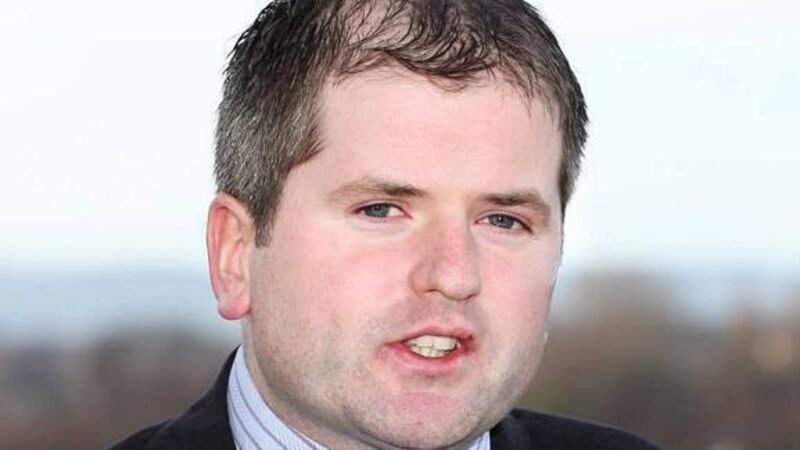Post-troika policy agenda

Outside some minor tweaks, the memorandum of understanding signed by the previous government in 2010 has generally decided the direction of economic policy.
Therefore, although enhanced fiscal co-ordination in the euro area will provide some restraint, the Government will, for the first time, be in the position to set the direction for policy in 2014. We believe three areas of focus in the post-bailout period should be:













